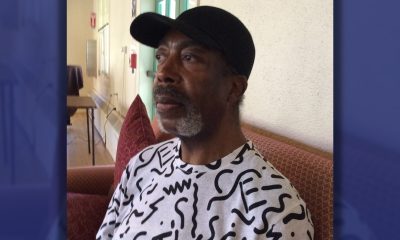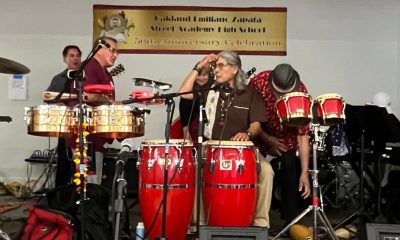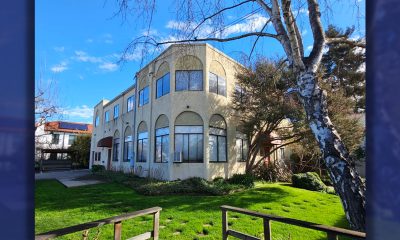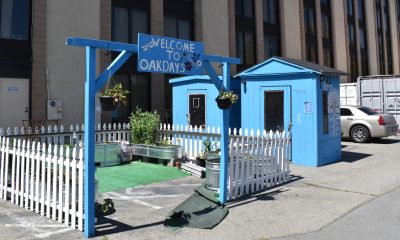Housing
Prop 10 Fails, Measure Y Passes
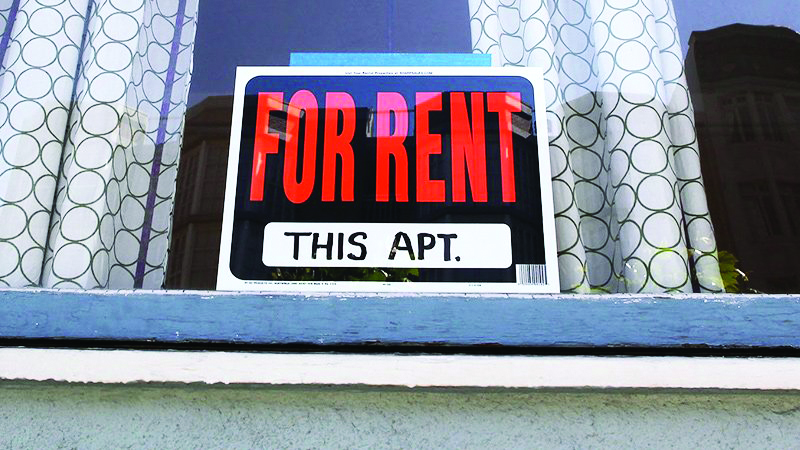
The repeal of Costa-Hawkins has not passed on the state ballot this midterm election. Proposition 10 would have repealed the statewide Costa-Hawkins Rental Housing Act, which sets restrictions on rent control legislation throughout the state. It exempts buildings built after 1995, single family homes, and condos from rent control.
The opposition to Prop. 10 was funded by a whopping $74 million from real-estate companies. The top three funders were: California Association of Realtors, Essex Property Trust, Inc., Blackstone Property Partners, L.P.
The repeal also failed passage when it was an assembly bill introduced by Assembly Members Rob Bonta, David Chiu, and Richard Bloom in January.
A post from statewide tenants rights organization Tenants Together on Wednesday reads: “We want to thank the hundreds of organizations and allies statewide who came together to support Prop. 10. Labor, faith-based organizations, community groups, and political leaders came together in a broad, unprecedented coalition to stand up to the real estate industry. We’ll be back.”
But Tenants Together is celebrating some victories on the local level. In Oakland, voters approved Measure Y, which removes the exemption for owner-occupied duplexes and triplexes from Just Cause eviction regulations. They also approved Measure W, which taxes vacant properties to earn $10,000,000 annually for 20 years to fund homeless services and resources to address illegal dumping.
In Alameda, Measure K failed to pass, which would have removed the sunset provision on the city’s rent control law and required changes to the law to pass by voters instead of City Council. The current temporary rent control law allows no-cause, no-fault evictions with financial settlement. An opinion piece published in East Bay Times by Denise Sicat Wong and Brad Hirn before the election read, “If Measure K passes, no-cause evictions and burdensome rent increases will become permanent.”
Bay Area
Mayor London Breed: State Awards San Francisco Over $37M for Affordable Housing
On April 30, Mayor London N. Breed announced San Francisco has been awarded more than $37.9 million in funding from the California Department of Housing and Community Development (HCD) as part of the State’s Multifamily Housing Program (MHP). The HCD loan will provide the final funding necessary for development of Casa Adelante – 1515 South Van Ness, a 168-unit affordable housing project located in San Francisco’s Mission District.

By Oakland Post Staff
On April 30, Mayor London N. Breed announced San Francisco has been awarded more than $37.9 million in funding from the California Department of Housing and Community Development (HCD) as part of the State’s Multifamily Housing Program (MHP).
The HCD loan will provide the final funding necessary for development of Casa Adelante – 1515 South Van Ness, a 168-unit affordable housing project located in San Francisco’s Mission District.
The new development at 1515 South Van Ness Ave. will provide 168 affordable homes to low-income families, formerly homeless families, and persons living with HIV earning between 25-80% of the San Francisco Area Median Income (AMI).
In addition, the project is anticipated to provide family-friendly amenities and ground floor community-serving commercial spaces that preserve the prevailing neighborhood character of the Calle 24 Latino Cultural District.
“This funding unlocks our ability to move on building affordable housing units for families in San Francisco at a crucial time. We understand the level of need for more housing that is accessible, and like the state, the city continues to face a challenging budget cycle,” said Breed. “1515 South Van Ness is a good example of what can be achieved in San Francisco when you have strong community partnerships and an unwavering commitment to deliver on critical needs for our residents.”
“From the beginning of my term as Supervisor, I have fought to bring affordable housing to 1515 South Van Ness” said Supervisor Hillary Ronen. “In the interim, the site has been utilized for homeless services and shelter, and I am thrilled that HCD has recognized the value of this development, and we are finally ready to break ground and bring 168 affordable homes to low income and formerly homeless families in the Mission.”
Owned and occupied by McMillan Electric Company until 2015, the City and County of San Francisco purchased 1515 South Van Ness Avenue in June 2019 with the intent of developing new affordable housing.
In November 2020, the San Francisco Mayor’s Office of Housing and Community Development (MOHCD) released a Multi-site Request for Qualifications (RFQ) seeking qualified developers to build affordable housing on the site, and subsequently selected Chinatown Community Development Corporation (CCDC) and Mission Economic Development Agency (MEDA) in May 2021 to develop the site.
The project is expected to begin construction in winter 2025.
“A strong, long-term push by Mission advocates to make this site 100% affordable is now paying off, with 168 family units that include services and childcare. People of color communities know what they need, and we are excited to be in partnership with a team, consisting of MEDA, CCDC, and MOHCD, that listens,” said Malcolm Yeung, Executive Director at CCDC.
“We are excited to be in partnership with CCDC, yet again, and for the opportunity to develop intergenerational affordable housing in the City’s Mission District,” said Luis Granados, executive director at MEDA.
Increasing housing affordable to lower-income and vulnerable residents is a key priority in the City’s Housing Element which calls for additional funding for affordable housing production and preservation, as well as Mayor Breed’s Housing for All Executive Directive that sets out the steps the City will take to meet the bold goal of allowing for 82,000 new homes to be built over the next eight years.
Tuesday’s funding announcement emphasizes the importance of regional and state collaboration in order to reach our housing and climate goals.
“We are thrilled—not just to bring a project of this size to a community with great need — but to do so with community-based developers and their partners who understand the neighborhood and sensitivities around cultural preservation,” said HCD Director Gustavo Velasquez.
City Government
Court Throws Out Law That Allowed Californians to Build Duplexes, Triplexes and RDUs on Their Properties
Charter cities in California won a lawsuit last week against the state that declared Senate Bill (SB) 9, a pro-housing bill, unconstitutional. Passed in 2021, SB 9 is also known as the California Housing Opportunity and More Efficiency Act (HOME). That law permits up to four residential units — counting individual units of duplexes, triplexes and residential dwelling units (RDUs) – to be built on properties in neighborhoods that were previously zoned for only single-family homes.
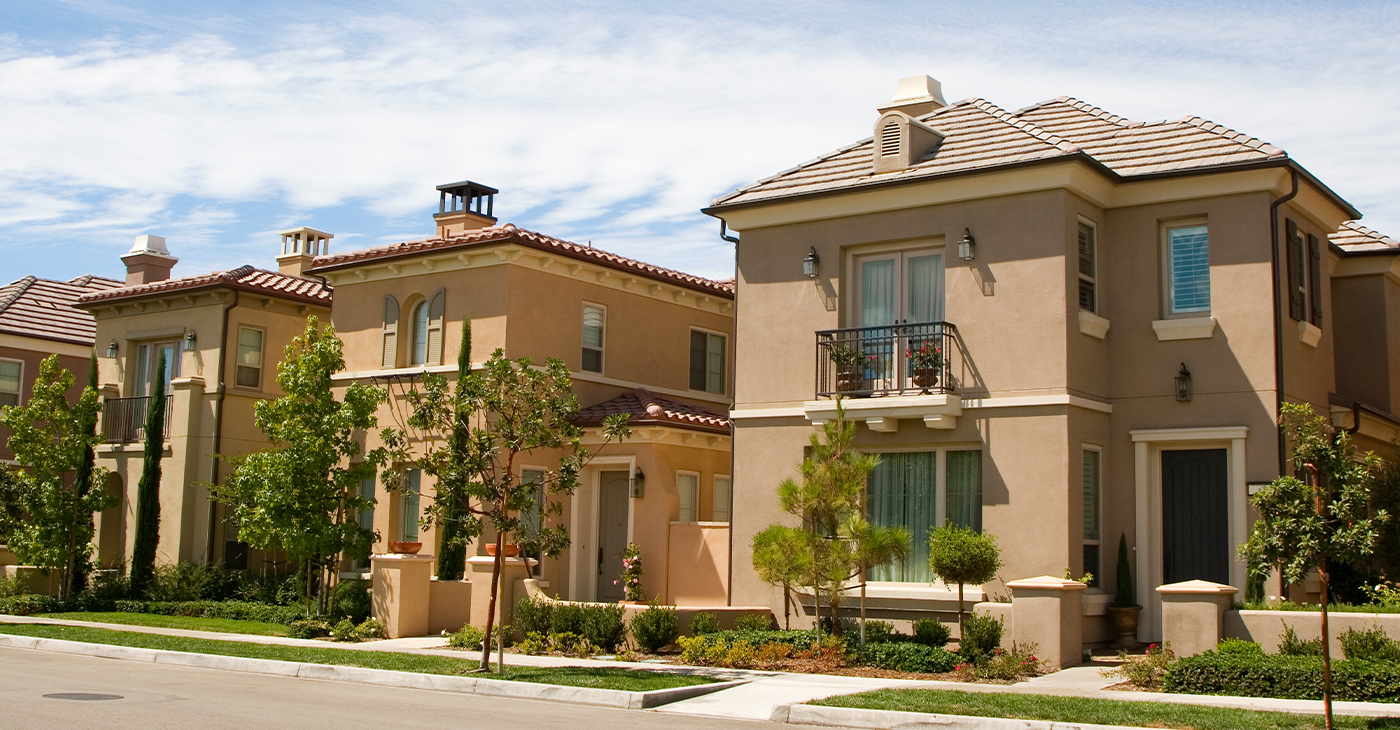
Charter cities in California won a lawsuit last week against the state that declared Senate Bill (SB) 9, a pro-housing bill, unconstitutional.
Passed in 2021, SB 9 is also known as the California Housing Opportunity and More Efficiency Act (HOME). That law permits up to four residential units — counting individual units of duplexes, triplexes and residential dwelling units (RDUs) – to be built on properties in neighborhoods that were previously zoned for only single-family homes.
A Los Angeles Superior Court Judge ruled in favor of the cities, pointing out that SB 9 discredited charter cities that were granted jurisdiction to create new governance systems and enact policy reforms. The court ruling affects 121 charter cities that have local constitutions.
Attorney Pam Lee represented five Southern California cities in the lawsuit against the state and Attorney General Rob Bonta.
“This is a monumental victory for all charter cities in California,” Lee said.
However, general law cities are excluded from the court ruling as state housing laws still apply in residential areas.
Attorney General Bonta and his team are working to review the decision and consider all options that will protect SB 9 as a state law. Bonta said the law has helped provide affordable housing for residents in California.
“Our statewide housing shortage and affordability crisis requires collaboration, innovation, and a good faith effort by local governments to increase the housing supply,” Bonta said.
“SB9 is an important tool in this effort, and we’re going to make sure homeowners have the opportunity to utilize it,” he said.
Charter cities remain adamant that the state should refrain from making land-use decisions on their behalf. In the lawsuit, city representatives argued that SB 9 eliminates local authority to create single-family zoning districts and approve housing developments.
Alameda County
An Oakland Homeless Shelter Is Showing How a Housing and Healthcare First Approach Can Work: Part 1
Hundreds of tents and abandoned vehicles now dot major streets and neighborhoods of the Bay Area. Unfortunately, this problem is expected to worsen as the housing market skyrockets and the cost of living becomes unattainable for most Americans.
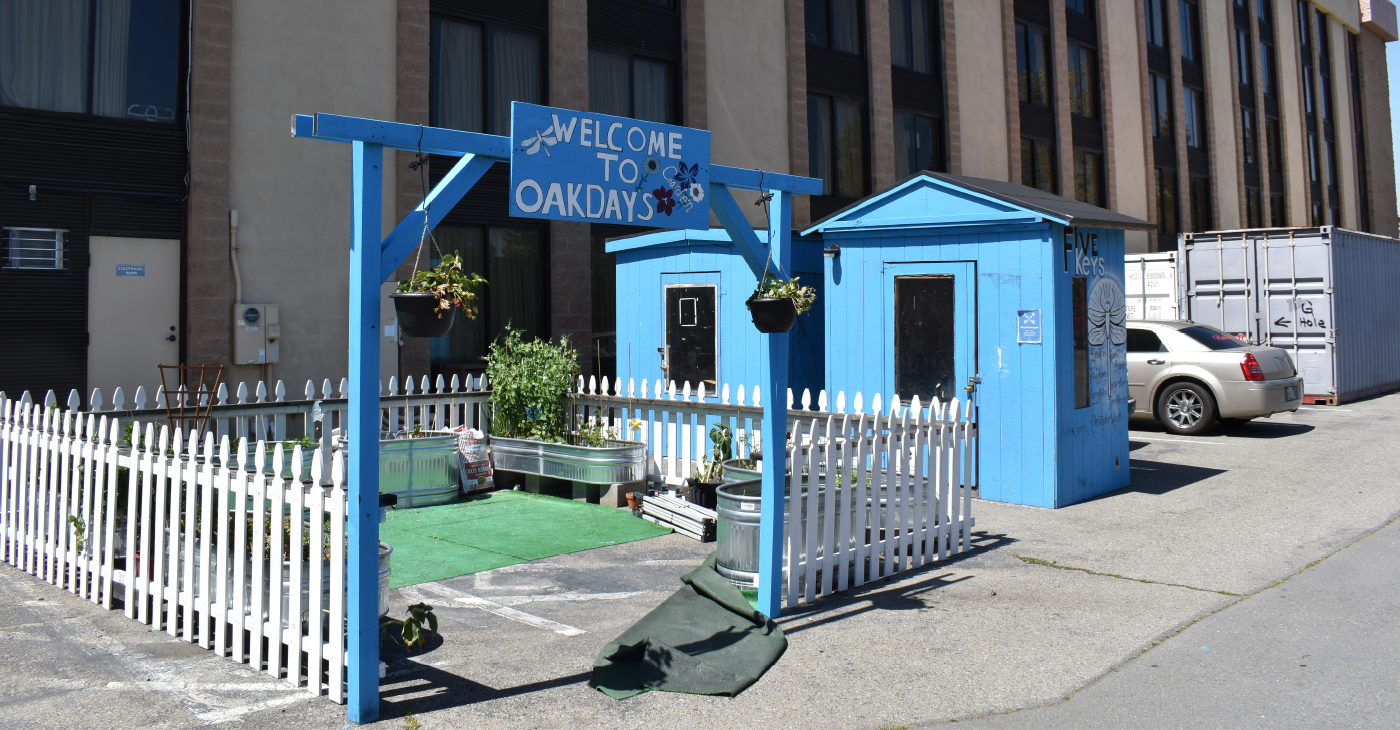
By Magaly Muñoz
Hundreds of tents and abandoned vehicles now dot major streets and neighborhoods of the Bay Area. Unfortunately, this problem is expected to worsen as the housing market skyrockets and the cost of living becomes unattainable for most Americans.
As one of California’s biggest public policy challenges, over the past four years, the state has allocated nearly $20 billion to housing and homelessness initiatives. Despite this substantial investment, the issue does not seem to be easing. Instead, the number of people without stable housing is surging.
A 2022 Point In Time (PIT) Count showed that there were 9,747 homeless individuals living on the streets in Alameda County, an almost 22% increase from the 2019 count of 8,022 homeless individuals. Many reports estimate that this number will rise once the 2024 data is released.
Amongst the many initiatives to end homelessness, the 2016 Senate Bill 1380 established California as a “housing first” state that would provide assistance, programs and funding to those experiencing homelessness. The bill recognized that the evidence-based model of prioritizing housing could end all types of homelessness and is the most effective approach to ending chronic homelessness.
In the years following the passage of the law, doctors, county officials and a community organization came together to create a first of its kind shelter to combat homelessness with housing and healthcare: the Oak Days shelter. Located in the Hegenberger corridor of Oakland, this facility, once a Days Hotel, now houses 60 individuals, some who are medically fragile.
As local counties navigated how to isolate people during the start of the COVID-19 pandemic in 2020, the state obtained federal funding to begin Project Roomkey, an initiative providing non-congregate shelter options, such as hotels and motels for people experiencing homelessness, to protect life and minimize strain on the healthcare system.
Dr. Alexis Chettiar, a medical director in Alameda County, witnessed firsthand how the coronavirus disease took over the lives of the most vulnerable populations who were too sick to remain stable unless they had hands-on supportive health care and permanent housing.
She also noticed a trend of medically vulnerable individuals with psychiatric illnesses or substance abuse issues being expelled from nursing homes, often ending up in encampments or unsheltered conditions.
This observation would inspire her, along with fellow medical director Catherine Hayes, to start Cardea Health, supported by county funding.
“What we really wanted to do was to be able to layer on the medical services to a permanent supportive housing environment so that people could age in place, they could stay there, no matter how their care needs change over time. They could stay there through the end of their life,” Chettiar said.
Cardea Health provides medical and personal care for almost 60 patients across two sites. One of these sites is an Old Comfort Inn that was also transformed into a shelter for those experiencing homelessness and chronic illnesses. The medical team assists with tasks such as injecting insulin, administering dialysis, helping patients use the restroom or get dressed.
Chettiar shared that she’s seen people as young as 40 years old with health-related issues mimicking that of an 80-year-old. Some individuals had untreated wounds that led to infections or chronic illnesses that went untreated for years, leading to immense suffering before they were able to receive medical attention.
The harsh conditions of living on the streets have exacerbated what could’ve been manageable situations, into a full-blown health crisis that ultimately put them on the priority list for Cardea’s health assistance.
UCSF Benioff Homelessness and Housing Initiative conducted a survey of 3,200 people to study who is experiencing homelessness, how they became homeless, what their experiences are and what is preventing them from exiting homelessness.
Data from those surveys showed that 45% of those experiencing homelessness reported poor or fair health and 60% reported having a chronic illness. Participants also reported that being homeless worsened their physical and mental health.
Of those experiencing health problems, 23% couldn’t access necessary healthcare in the prior six months. Additionally, 38% visited emergency departments without hospitalization and 21% reported a hospitalization for a physical health concern.
Chettiar stated that the work at Cardea is intended to reduce hospital visits for those living on the streets, providing essential care where it’s needed most.
-

 Community3 weeks ago
Community3 weeks agoFinancial Assistance Bill for Descendants of Enslaved Persons to Help Them Purchase, Own, or Maintain a Home
-

 Activism4 weeks ago
Activism4 weeks agoOakland Post: Week of April 3 – 6, 2024
-

 Business3 weeks ago
Business3 weeks agoV.P. Kamala Harris: Americans With Criminal Records Will Soon Be Eligible for SBA Loans
-

 Activism3 weeks ago
Activism3 weeks agoOakland Post: Week of April 10 – 16, 2024
-

 Community3 weeks ago
Community3 weeks agoAG Bonta Says Oakland School Leaders Should Comply with State Laws to Avoid ‘Disparate Harm’ When Closing or Merging Schools
-

 Community2 weeks ago
Community2 weeks agoOakland WNBA Player to be Inducted Into Hall of Fame
-

 Community2 weeks ago
Community2 weeks agoRichmond Nonprofit Helps Ex-Felons Get Back on Their Feet
-

 Community2 weeks ago
Community2 weeks agoRPAL to Rename Technology Center for Retired Police Captain Arthur Lee Johnson


